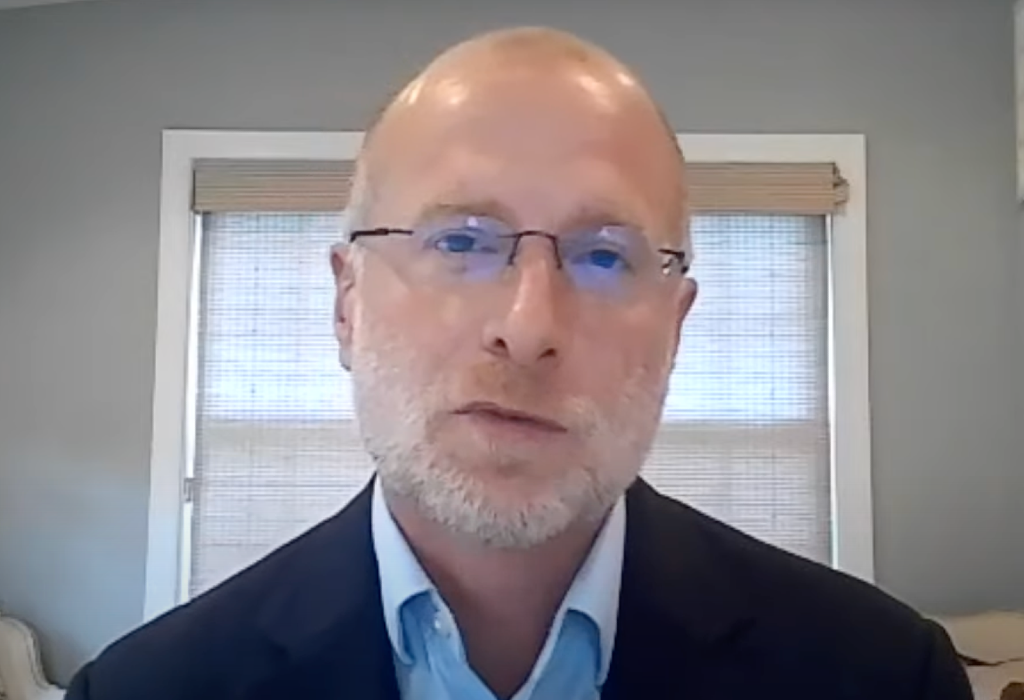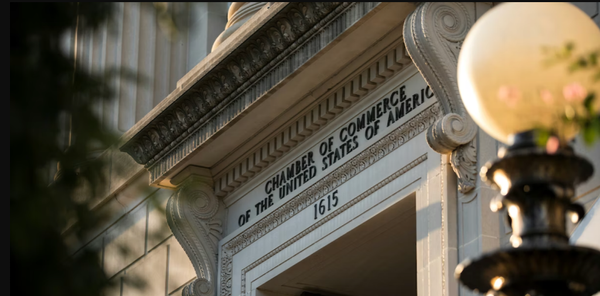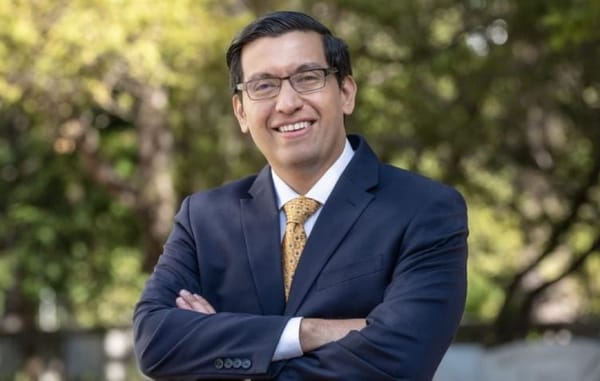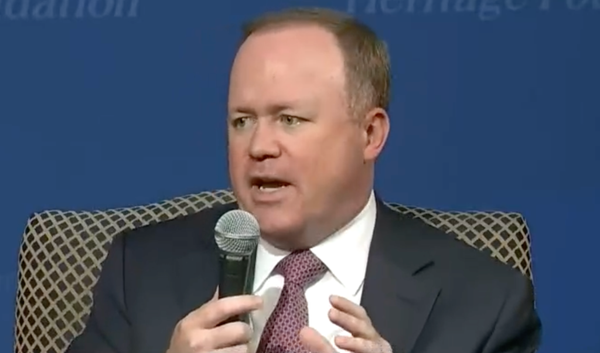Address the 'Torpedoes in the Water' Against USF, Says Carr
The FCC's senior Republican said he worried SCOTUS would find arguments against the fund appealing.
Jake Neenan

WASHINGTON, Sept. 27, 2024 – The Federal Communications Commission’s top Republican has opposed expanding the agency’s broadband subsidy for schools and libraries. He said the July ruling that found the fund unconstitutional could be an additional reason to proceed with caution.
“I don’t think we should be pushing the bounds of USF when there are some very significant torpedoes in the water that go to the fundamental foundations of the program,” FCC Commissioner Brendan Carr said Friday on a webcast hosted by the American Enterprise Institute.
Carr, the agency’s former general counsel, was referring to recent FCC actions expanding the possible uses for the E-Rate program, a subset of its $8 billion-per-year Universal Service Fund that provides broadband discounts to schools and libraries. In the last year, the agency moved to greenlight E-Rate funding for Wi-Fi on school buses and hotspots that students could check out and use off campus.
Carr and his lone GOP colleague on the commission dissented from those orders, arguing the 1996 law standing up E-Rate doesn’t allow for funding connectivity outside the physical bounds of a library or classroom. The agency’s Democratic majority holds that the law’s mandate to provide USF support for “educational purposes” allows for uses beyond the classrooms specifically mentioned in the statute.
“I get why my colleagues would want to do that. I certainly think that the outcome could be a very good thing,” he said. “But if we keep funding things that go beyond the classroom, we’re only going to make the fundamental arguments against the [USF] program sound more appealing to the courts.”
Some industry analysts have said they think the Supreme Court may ultimately side with the agency, since the Fifth Circuit broke with existing precedent in declaring the fund illegal. But they have also noted the high court has handed down a string of rulings that pare back federal agency power. The FCC is planning to ask justices to overturn the ruling by Sept. 30.
Carr, widely seen as the favorite to head the FCC if Donald Trump wins in November, reiterated support for other GOP telecom priorities: more stringent eligibility requirements for a successor to the shuttered Affordable Connectivity Program and a more tech-neutral approach to the Biden administration’s flagship broadband infrastructure program, which prioritizes fiber.
Jade Piros de Carvalho, former head of the Kansas broadband office and current vice president of broadband advocacy at Bonfire Infrastructure Group, said the program preference for fiber, more expensive but also more future-proof than wireless alternatives, was a strength.
“Our country has a history of creating broadband funding programs that incent companies to, in my opinion, serve up the bare minimum technology to the American public on the taxpayers dime, with the expectations that there will be another trough of funding to feed at in seven to ten years,” she said.
BEAD, which has a mandate to fund some kind of connectivity for every home and business without adequate broadband, allows states to look to less expensive alternatives when fiber would be too costly.











Member discussion